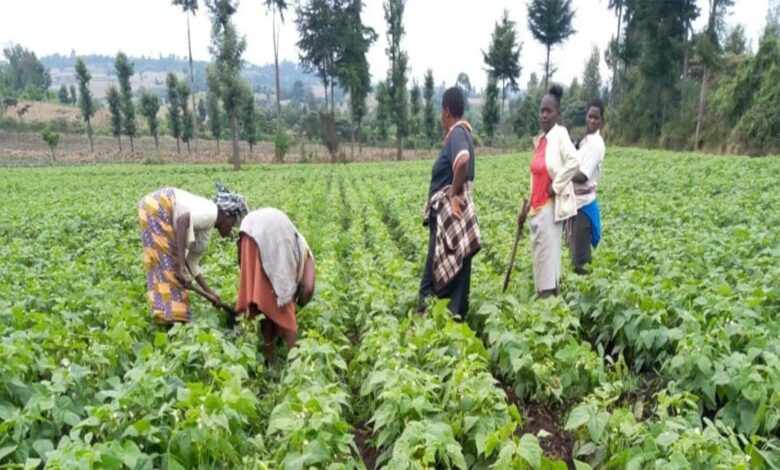Ghana Secures $125.9m World Bank Support to Tackle Food Insecurity, Strengthen Agribusiness Resilience

Ghana’s agricultural sector is set to receive a significant capital injection following the World Bank Board of Directors’ approval of a $125.94 million additional financing package for the second phase of the West Africa Food System Resilience Program (FSRP). The financing aims to build long-term resilience against climate and market shocks while supporting immediate recovery from recent natural disasters that disrupted local food production.
The funding—comprising an International Development Association (IDA) credit and a grant from the Food Systems 2030 Multi-Donor Trust Fund—will replenish emergency resources used to assist farmers affected by floods and drought, while channeling new investments into high-impact areas such as sustainable tomato production and environmentally responsible farming techniques.
The support is expected to enhance value chain productivity and open up opportunities in climate-smart agriculture, agri-data services, and regional trade.
Key components of the financing package include:
-
Expansion of digital advisory services to improve agricultural and food crisis management, giving farmers real-time access to weather data, nutrition, and pest monitoring tools;
-
Sustainable agricultural intensification, especially in key crops such as tomatoes, where domestic demand continues to outstrip supply;
-
Regional food market integration, to boost intra-African trade and stabilize food prices through improved cross-border supply chains.
“This additional financing is provided to help Ghana recover from the economic and environmental shocks, while restoring funding for long-term investments needed to strengthen agricultural resilience and reduce vulnerability to future disruptions,” said Abel Lufafa, Practice Manager for Agriculture and Food Security at the World Bank.
The broader FSRP, launched in 2022, is a regional initiative involving eight countries—Ghana, Burkina Faso, Chad, Mali, Niger, Senegal, Sierra Leone, and Togo—and key institutions such as ECOWAS, CILSS, and CORAF. With the new disbursement, total financing under the FSRP rises to $1.17 billion.
The fresh capital is expected to drive private sector participation in agro-technology, irrigation services, food processing, and logistics—creating investment opportunities and strengthening Ghana’s ambition to become a regional agri-food hub.




